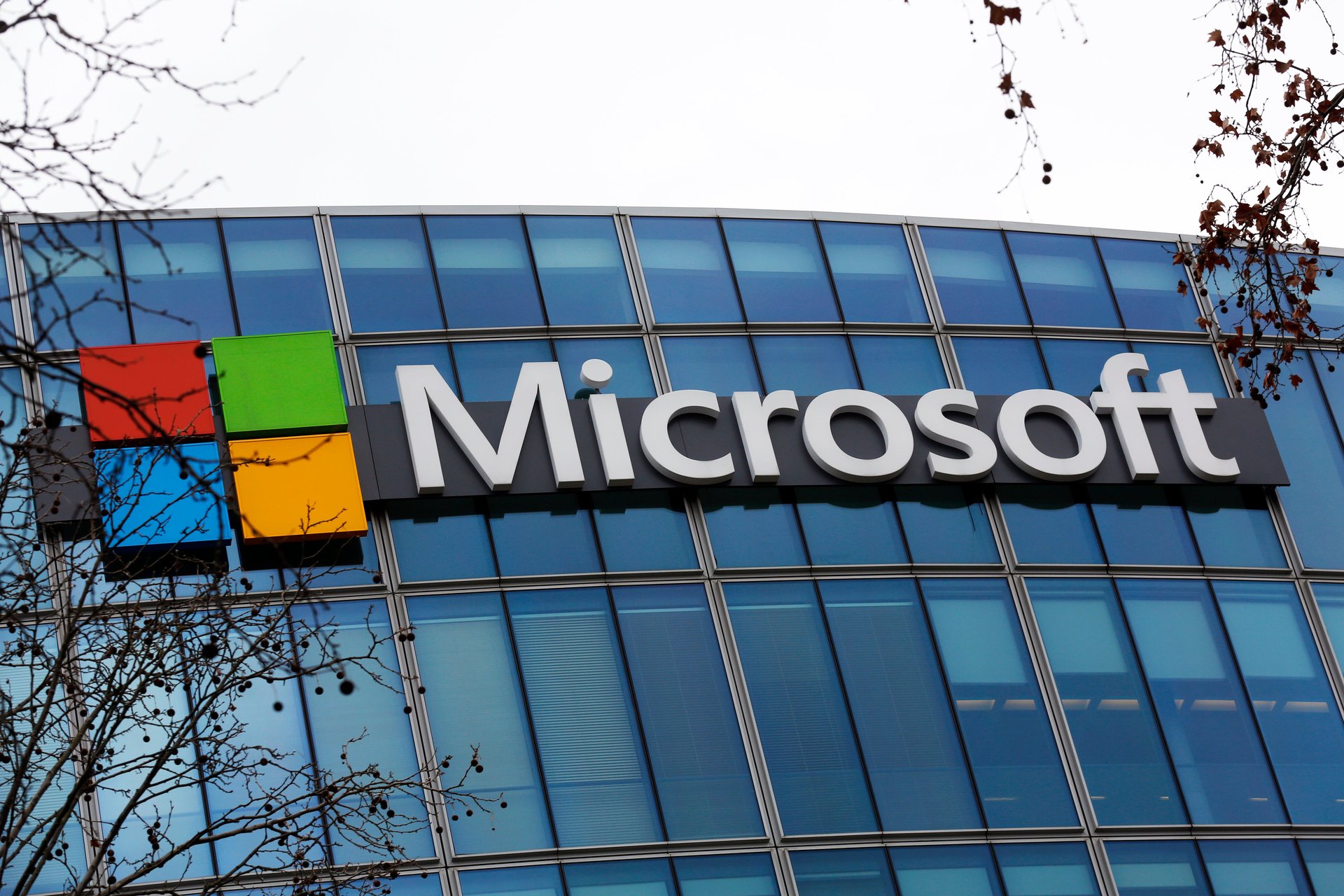Microsoft to stop packaging Teams and Office software in Europe to head off EU antitrust action
Microsoft will stop packaging its Teams videoconferencing app with its Office software in Europe in an effort to head off antitrust penalties by regulators

LONDON (AP) — Microsoft will stop packaging its Teams videoconferencing app with its Office software in Europe in an effort to head off antitrust penalties by regulators.
Suggested Reading
The tech giant also said Thursday that it would take steps to make it easier for competing products to work alongside its software.
Related Content
The announcement comes a month after the European Union's executive Commission, the 27-nation bloc's top competition enforcer, opened a formal investigation over concerns that bundling Teams with Office gives the company an unfair edge over competitors.
The investigation was triggered by a complaint filed in 2020 by Slack Technologies, maker of popular workplace messaging software.
Slack, owned by business software maker Salesforce, alleged that Microsoft was abusing its market dominance to eliminate competition — in violation of EU laws — by illegally combining Teams with its Office suite, which includes Word, Excel and Outlook.
"Today we are announcing proactive changes that we hope will start to address these concerns in a meaningful way, even while the European Commission’s investigation continues and we cooperate with it," Microsoft's vice president of European government affairs, Nanna-Louise Linde, said in a blog post.
It's not clear if the concessions will be enough to address the Commission's concerns.
“We take note of Microsoft’s announcement,” a Commission spokesperson said. “We have no further comment to make.”
Linde said the changes were made to address EU concerns that customers should be able to buy Office without Teams for a cheaper price and “that we should do more to make interoperability easier” with rival communications and collaboration software.
The changes will take effect on Oct. 1 in the 30-nation European Economic Area and Switzerland. For its core enterprise customers, which represent most of its business in the region, Microsoft, based in Redmond, Washington, will cut the price by 2 euros ($2.17) per month for the Office package without Teams. Existing customers can stick with their current plan or switch to the version without Teams.
New business customers will be able to buy a separate standalone version of Teams for 5 euros a month.
Linde said Microsoft would give software developers more support, including by providing more information on how data can be removed from Teams and used in other software. The company will also make it easier for competitors to use Microsoft's functionality instead of building their own.
Microsoft and other U.S. tech giants have been facing pressure from Brussels over worries about their market dominance. The commission has investigated Google, Apple, Amazon and Facebook and Instagram owner Meta.
Microsoft, which last faced an EU antitrust investigation more than a decade ago, is also trying to save its $69 billion purchase of video game maker Activision. That deal was cleared by the Commission, but has been bogged down in Britain.
